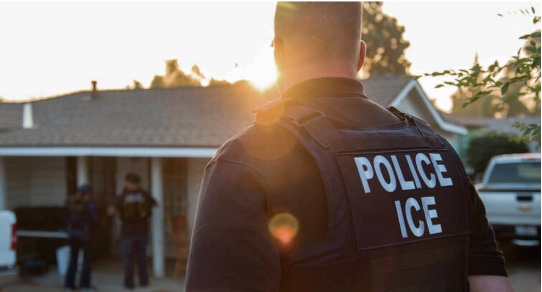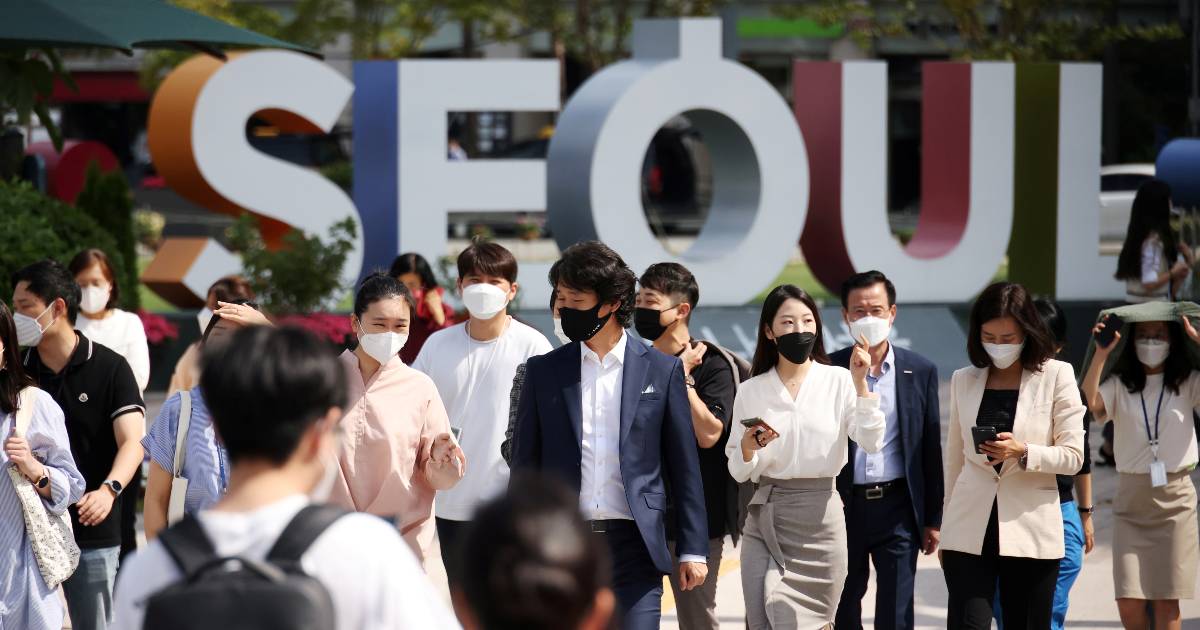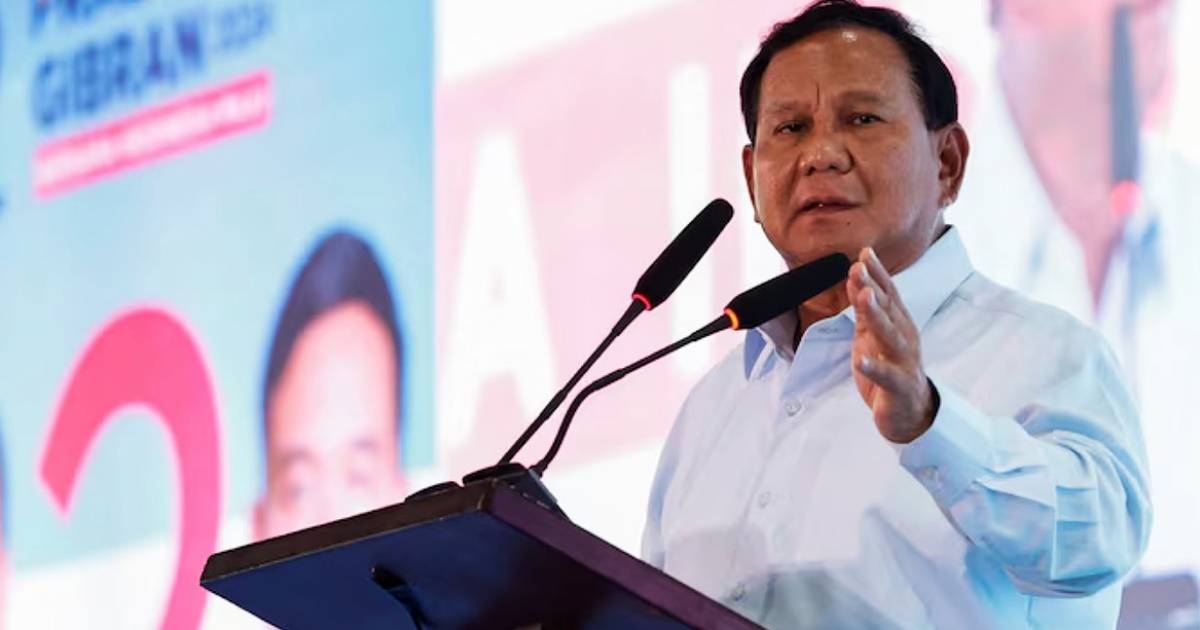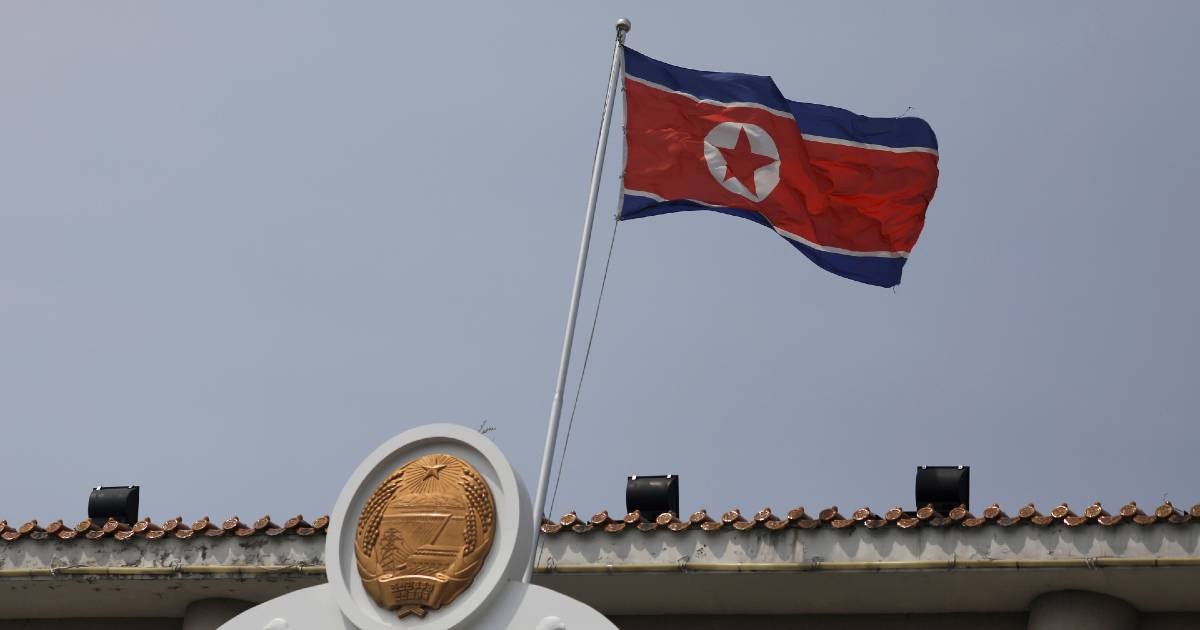The US Immigration Bureau is intensively implementing the customs policy of US President Trump. Immigration officers are tracking down illegal immigrants everywhere like hunters, and coffee farm workers in Hawaii have become their targets.
Similar to many countries in recent years, the Democratic Party implemented lenient immigration policies in the past to gain the support of new immigrants. Trump was very dissatisfied with this approach. During his previous term, he spent a large amount of money building a wall along the US - Mexico border. In this term, he has further promoted his immigration policy. He believes that these new immigrants are the creators of social problems, taking away jobs from native citizens and sharing social welfare resources without making any contributions. He claims that these immigrants are gang members and are involved in a lot of criminal activities. Departing from the traditional US laws, the Immigration Bureau attempted to arrest immigrants in court who were there to determine their identities, but was blocked by judges. In response, Trump believes that the Democratic Party is manipulating the court to hinder law enforcement.
Due to labor - cost reasons, coffee - bean producing areas are mainly distributed in underdeveloped regions, where a large amount of labor is needed to plant, manage, and pick coffee. Hawaii is an exception. Its altitude, geographical location, and the fact that its two islands are covered by volcanic ash have made it a world - renowned small - producing area for Kona coffee. However, in terms of the coffee industry, a large number of immigrants are still required to engage in this work. Over the past few decades, many immigrants from Latin America have come here to manage coffee farms.
According to the 2024 US census, Hawaii County, Hawaii, has a population of just over 200,000, among which 11.9% are Hispanic and Latino residents. In recent days, immigration enforcement officers have appeared in this area. There are reports that they plan to arrest several people in the near future, which has caused unease among local residents.
Some coffee farms have launched self - rescue efforts. Hawaiian coffee farmers have initiated an initiative to support Latin Americans seeking agricultural work in Hawaii and are prepared to speak out and provide assistance for some Latin American immigrants. Regarding the newly - emerging immigration enforcement judges, "I know they have their jobs to do. If they are chasing criminals, we have no problem," some farmers said.
However, on many public occasions, Trump has pre - assumed that some crimes are directly related to these immigrants and defined them as gang members. With this approach, once these immigrants fall into the hands of the Immigration Bureau, they may not have enough time to prove their legal status and will be deported back to their home countries. Not everyone is so optimistic. "This is terrifying. Now people are witnessing their parents being arrested. Children are seeing their parents being treated like criminals," some others in Hawaii angrily believe that their situation and rights are worse than those of cats and dogs.
In response to recent news reports about the Immigration Bureau's actions against Hawaiian coffee farms, the US Department of Homeland Security stated that the Immigration Bureau's targets are violent criminals who should not be in our country, including illegal aliens accused of kidnapping, assault, distributing deadly drugs, domestic violence, and theft. The US Immigration and Customs Enforcement (ICE) said that within the first 100 days after Trump took office, 66,463 illegal immigrants were arrested and 65,682 were deported from the US. The Homeland Security Investigations (HSI) in Honolulu, Hawaii, revealed to local media that the bureau has arrested more than 100 people since the beginning of this year.



